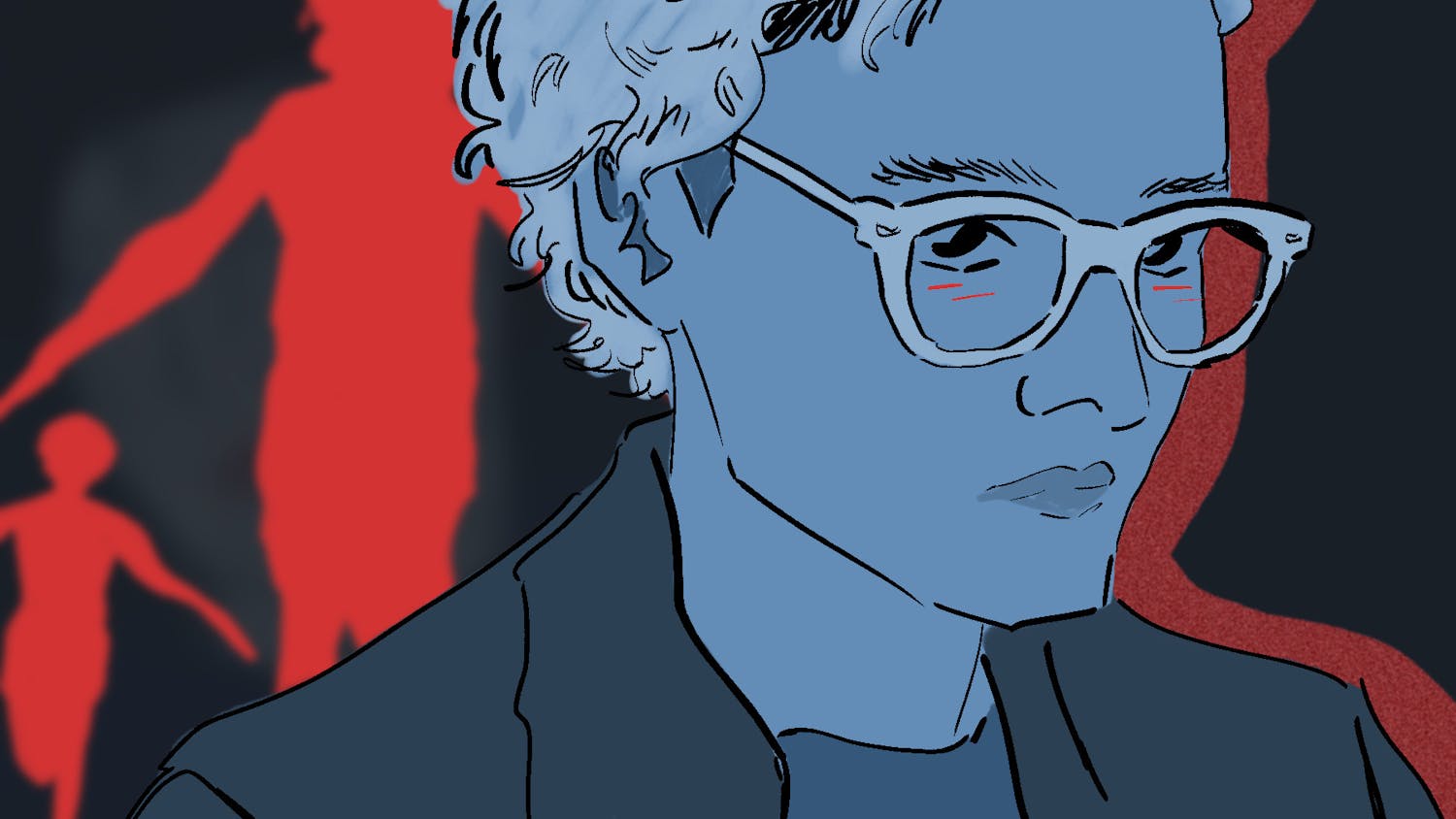Scholarship surrounding the secular music of Medieval monks is rare. Studying, learning and performing music from a period without written music is an intricate process that requires much historical scholarship and musical insight. For those not inclined to undertake a rigourous study of Medieval music, a firm appreciation of music and history from the Medieval Era — one of the first eras in Western classical music — is available tonight at Rollins Chapel. Sequentia, an ensemble of international singers and instrumentalists, will take the stage for the world premiere of “Monks Singing Pagans: Medieval songs of heroes, gods and strong women.”
The program, which features liturgical and secular music and interpretations of classical texts from the ninth to 13th centuries, is the result of a collaboration between Sequentia’s director Benjamin Bagby and musicologist Sam Barrett. The two began working together in the mid-1980s on a project entitled “Lost Songs,” a reconstruction of the medieval epic “Beowulf.” Barrett’s transcribing work on the “Consolation of Philosophy” (526 C.E.), a work by sixth-century philosopher Boethius, will be featured in some of the pieces in the set, including “Fortuna and Philosophia,” “Orpheus: the Power of Song” and “Hercules: Heroic Inspiration.”
Many of the musical performances in the medieval period took place within the walls of European monastic and cathedral schools. The style involved a mixture of singing and speaking with accompaniment from harps or flutes.
Dartmouth College Wind Ensemble director Matthew Marsit said tonight’s performance will primarily focus on the music that was created and shared in the monasteries, places in medieval times that are analogous to today’s university campuses.
“Very often when we study medieval music it’s music of the Catholic Church for financial and infrastructural reasons,” Marsit said.
Additionally, the program will include a piece about Dido, the first Queen of Carthage, and Cleopatra, the last pharaoh of Ptolemaic Egypt, that focuses on their tragic but passionate deaths as suicidal pagan queens. To build upon the historical nostalgia created by this performance, charms and incantations will be read aloud to echo the motifs of Boethius’ poetry.
One piece, “Woden and Christ: Cohabitation in the Northlands,” includes a Saxon baptismal oath used when a converted Christian forsakes his former beliefs. Bagby will be performing this piece, which covers different poisons and refers to pagan gods and Christ curing the poisoned.
Many of the pieces will be performed in the historically accurate language such as Old High German, and translations will be provided.
Vocalist and harpist Hanna Marti and flutist Norbert Rodenkirchen will accompany Bagby for this performance. Rodenkirchen will play bone flutes that resemble the type that medieval shepherds used. To provide context and clarity, the trio will also take moments during the performance to give background information for the pieces.
To prepare for the premiere of “Monks Singing Pagans,” the ensemble held working sessions with Barrett at Harvard University, Ohio State University and Pembroke College. The final rehearsals took place earlier this week at the University of Cambridge.
“A performance like this can tell us a lot about ourselves,” Hopkins Center programming director Margaret Lawrence said. “This kind of live performance can bring us all into a room together and reflect on who we are as human beings.”
Ethan Falleur ’16, a music and religion double major, said he will be attending the performance tonight.
“As a music student, this performance is significant because it’s reviving some musical traditions that have been lost — it’s a glimpse to our musical past,” Falleur said. “A lot of what will be presented is the forerunner of modern music.”
Tonight’s performance will begin at 7 p.m. Tickets range from $10 for Dartmouth students to $20 for the general public. Bagby will lead a post-performance discussion as part of the ensemble’s residency in collaboration with the College’s music department.



